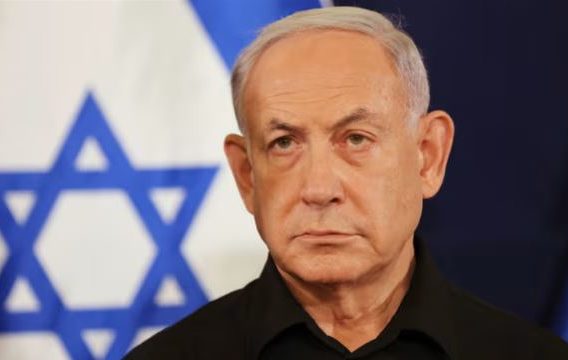The escalating conflict between Israel and Hamas has reached a critical juncture, with both sides entrenched in their positions and showing no signs of relenting. Israeli Prime Minister Benjamin Netanyahu has vowed to intensify military pressure on Hamas following the militant group’s rejection of a proposed temporary truce. In a televised address, Netanyahu emphasized that while war carries a heavy cost, Israel has “no choice but to continue fighting for our very existence, until victory.” This declaration underscores the deep-seated nature of the conflict and suggests a protracted struggle ahead, with the potential for further escalation and devastating consequences for both Israelis and Palestinians. The core issue fueling the current conflict is the fate of hostages held by Hamas, the release of Palestinian prisoners, and the enduring status of Gaza itself.
Hamas, which currently holds 59 hostages, including an estimated 24 still alive, has outlined its conditions for their release. These demands include the release of Palestinian prisoners held by Israel, a complete Israeli withdrawal from the Gaza Strip, and a lasting truce based on the terms of the now-defunct ceasefire agreement reached earlier this year. This unwavering stance reflects Hamas’s long-standing objectives and highlights the complex web of issues that must be addressed for any meaningful resolution to the conflict. The rejection of the truce offer further emphasizes the deep mistrust between the two sides and the difficulty in achieving even a temporary cessation of hostilities. The humanitarian crisis unfolding in Gaza adds another layer of complexity to the situation, with hundreds of thousands of displaced Palestinians seeking refuge in designated humanitarian zones, which are themselves not immune to the ongoing violence.
The escalating violence in Gaza has resulted in a mounting death toll, with the Hamas-run health ministry reporting over 90 fatalities in just 48 hours as a result of Israeli airstrikes. These casualties include a significant number of women and children, further highlighting the devastating impact of the conflict on civilian populations. The reported deaths of 15 individuals, including women and children, sheltering in a designated humanitarian zone in Khan Younis underscore the vulnerability of civilians, even in areas designated for their protection. The deaths of four more individuals, including a mother and daughter, in separate strikes on Rafah, further compound the tragedy and underscore the urgent need for a resolution to the conflict.
Israel’s stated objective in its latest campaign is to pressure Hamas into releasing the hostages, ultimately disarming, and withdrawing from the Gaza Strip. The blockade imposed by Israeli forces, restricting the entry of essential goods including food, further exacerbates the humanitarian crisis in the region. The blockade, in conjunction with the ongoing military operations, has created a dire situation for the civilian population in Gaza, with limited access to essential resources and mounting casualties. The blockade’s impact on the already fragile healthcare system further adds to the suffering and underscores the urgent need for a humanitarian corridor to allow for the delivery of aid and medical supplies.
The situation in Gaza remains highly volatile, with reports of increased Israeli military activity and continued Hamas resistance. The killing of 15 aid workers and the reported death of a guard holding Israeli-American hostage Edan Alexander illustrate the perilous conditions on the ground and the risks faced by both aid workers and those caught in the crossfire. The uncertainty surrounding the fate of Mr. Alexander adds to the tension and raises concerns about the safety of other hostages held by Hamas. The loss of contact between Hamas and the group of militants holding Mr. Alexander further complicates the situation and highlights the challenges in securing the release of hostages in such a volatile environment.
The ongoing conflict between Israel and Hamas represents a complex and deeply rooted struggle with no easy solutions in sight. The humanitarian crisis unfolding in Gaza underscores the urgent need for a ceasefire and a resumption of negotiations to address the underlying issues that have fueled this protracted conflict. The international community plays a crucial role in mediating a resolution and providing humanitarian assistance to the affected populations. The escalating violence, the plight of hostages, and the deteriorating humanitarian situation demand immediate attention and concerted efforts to prevent further suffering and loss of life. A lasting solution requires a commitment from both sides to engage in meaningful dialogue and address the core issues at the heart of the conflict, while prioritizing the protection of civilian lives and ensuring the delivery of humanitarian aid.














